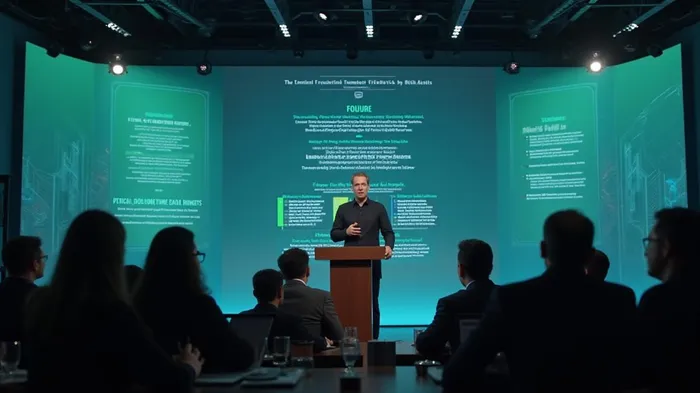Robinhood Proposes Unified Framework for Tokenized Real-World Assets
Robinhood has submitted a comprehensive proposal to the US Securities and Exchange Commission (SEC), advocating for the creation of a unified regulatory framework for tokenized real-world assets (RWAs). This proposal, which spans 42 pages, outlines a legal infrastructure that would allow digital tokens representing traditional financial instruments, such as equities, bonds, and real estate, to be treated as equivalent to the underlying assets. The goal is to modernize the issuance, trading, and settlement of assets in the US by integrating blockchain-based mechanisms within existing securities law.
Currently, approaches to RWA tokenization have been fragmented, operating in isolated pilots and regulatory sandboxes despite significant growth. Robinhood's proposal aims to address this fragmentation by advocating for a unified national framework. This framework would enable broker-dealers to issue and trade tokenized securities under a standardized compliance model, eliminating the need for parallel systems. The initiative includes plans for a new platform called the Real World Asset Exchange (RRE), which would feature off-chain trade matching paired with on-chain settlement. The platform would incorporate know-your-customer (KYC) and anti-money-laundering (AML) tools provided by third-party providers to ensure compliance with global regulatory standards.
If adopted, the framework could eliminate legal ambiguities surrounding asset ownership and reduce settlement times, while preserving investor protections under existing securities law. Robinhood, known for its role in retail stock and crypto trading, is positioning itself as a contributor to regulatory infrastructure to bring traditional finance on-chain. Its filing argues that tokenized assets should not be classified as derivatives or synthetic instruments but recognized as direct representations of traditional financial products. The company is not proposing new blockchain technology but rather legal interoperability to anchor tokenized finance to existing compliance standards. This approach seeks to open the door for broader institutional adoption, offering a scalable path to on-chain financial markets within the US legal system.
While the SEC has not yet responded to the proposal, Robinhood’s filing may serve as a test case for how regulators view asset-token equivalence. The success of the initiative will likely depend not only on regulatory reception but also on the ability to attract institutional participation and demonstrate utility at scale. As of now, Robinhood’s submission represents one of the most structured efforts by a US-regulated broker to formalize the role of tokenized RWAs within mainstream finance.

Quickly understand the history and background of various well-known coins
Latest Articles
Stay ahead of the market.
Get curated U.S. market news, insights and key dates delivered to your inbox.



Comments
No comments yet